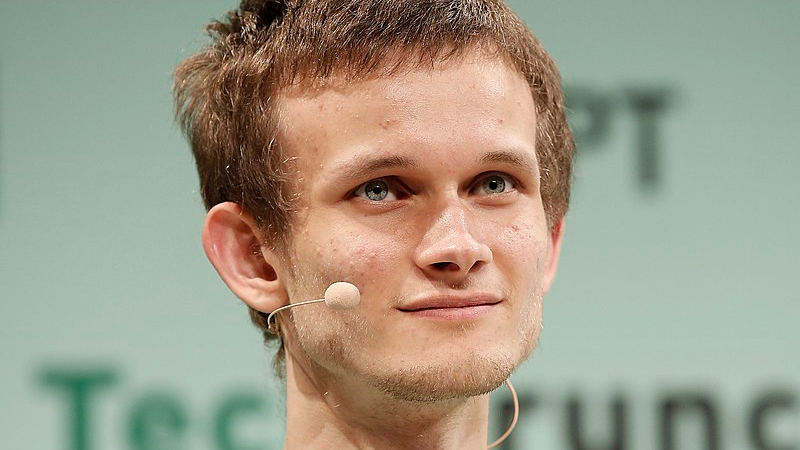Published on: 01/08/2022
Vitalik Buterin: ‘Existing corporate’ metaverse projects are not ‘going anywhere’

Vitaly Dmitriyevich “Vitalik” Buterin, the creator of Ethereum, has expressed his belief that current metaverse projects will not be successful. “The ‘metaverse’ is going to happen but I don’t think any of the existing corporate attempts to intentionally create the metaverse are going anywhere,” he wrote in response to another Twitter user’s misgivings on current metaverse projects.
Replying to another tweet, Buterin, who usually talks about NFT and blockchain-related technology and his ideas on how decentralization will affect various industries (but rarely discusses metaverse-related topics) on his Twitter account, also called out Facebook specifically. He wrote that “anything Facebook creates now will misfire” as the technology and ideas are too young, adding that an audience of metaverse technologies doesn’t exist yet because there is no accepted definition and that “it’s far too early to know what people actually want”.
Buterin has been involved in cryptocurrency since its early days, writing articles for two publications — Bitcoin Weekly and Bitcoin Magazine — in 2011 and 2012 and launching Ethereum in 2015. He was inspired to create decentralized money and the systems supporting decentralization because his World of Warcraft character was nerfed, which caused him to leave the game shortly after realizing “what horrors centralized services can bring”.
Present metaverse projects, players
During 2021’s cryptocurrency boom, a few large companies started to invest more heavily into the technology to host virtual events. An example would be Adidas and Coca-cola, which purchased virtual properties inside metaverse projects and advertised their products in an online event.
In order to meet the demands from the above companies, there are several metaverse projects and games that have been released and are currently available in the market, such as Decentraland and The Sandbox. These projects, however, exclude the present biggest names in the metaverse sphere — Facebook and Epic Games.
Facebook unveiled Meta as the discussion around metaverse technology reached its peak and has spent a large amount of time and resources on developing the technology. It promoted NFTs in its platforms such as Instagram, where the company selected specific creators to showcase their NFTs to develop public interest in the topic. Facebook later changed its name to Meta in an effort to rebrand itself and reiterate its support for the new technology. However, the firm has been struggling to leverage its metaverse technologies to turn a profit, reporting a $2.8 billion loss for its metaverse division.
Epic Games is the second prominent name related to metaverse technologies. Unlike Facebook, it has focused its efforts on supporting developers by providing a platform and tools. The CEO of Epic Games, Tim Sweeney, has been a strong advocate for metaverse technology and its adoption for years, which might explain why Epic Games decided to explicitly allow the use of said technologies when blockchain-related technology bans hit various large digital platforms like Minecraft and Steam.
Epic is also responsible for the Unreal Engine, which is known for powering numerous blockchain gaming and metaverse projects. It has recently secured $2 billion in funding from KIRKBI and Sony to “advance the company’s vision to build the metaverse and support its continued growth”.
-
Gaming // 2022-08-01
Google denies rumor of shutting Stadia down



